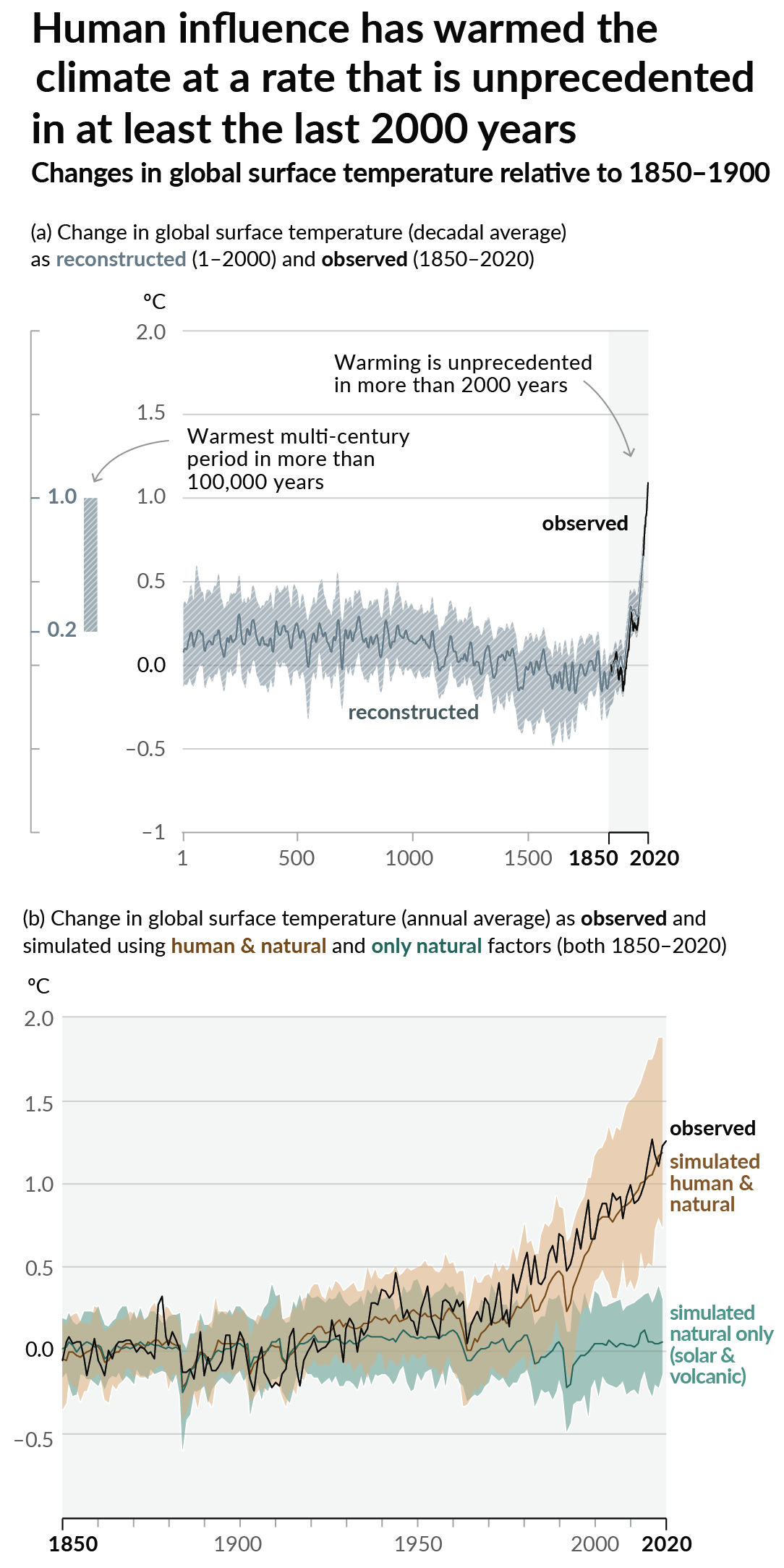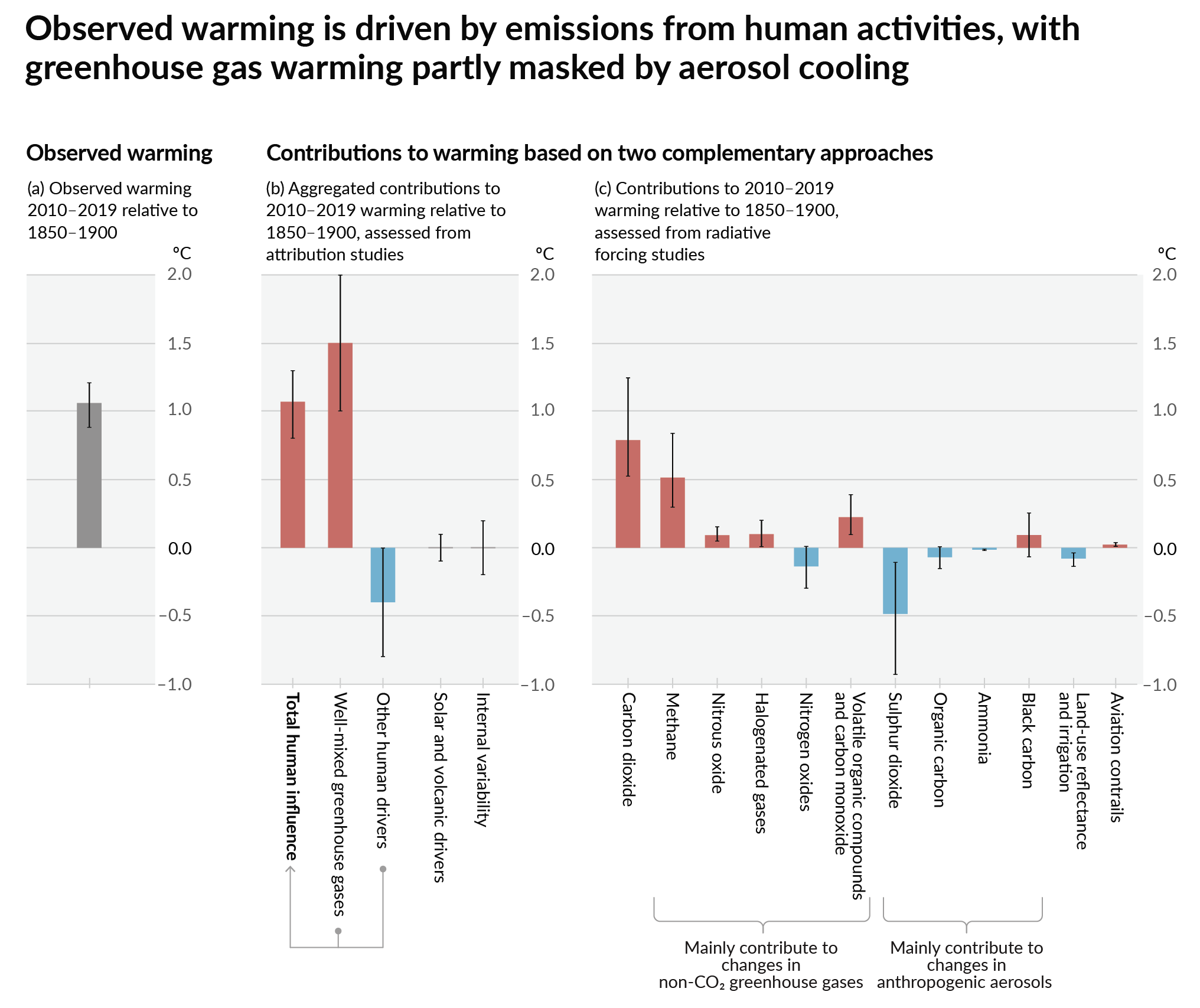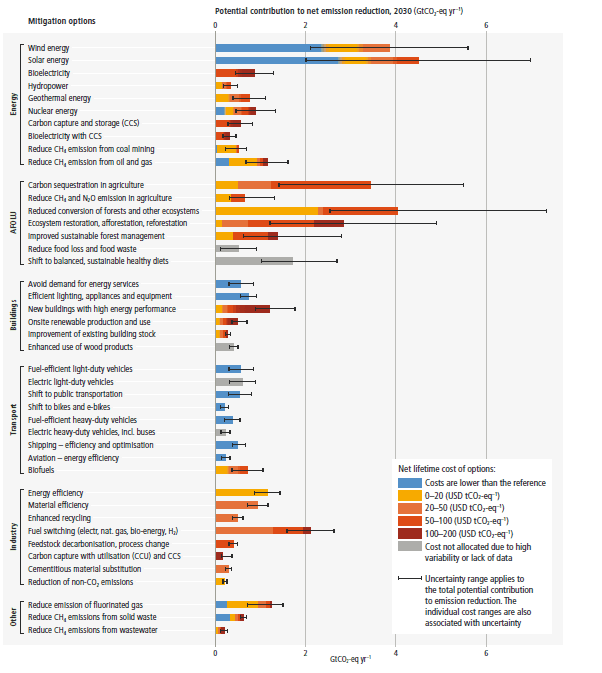this post was submitted on 05 May 2025
75 points (100.0% liked)
Climate - truthful information about climate, related activism and politics.
6759 readers
607 users here now
Discussion of climate, how it is changing, activism around that, the politics, and the energy systems change we need in order to stabilize things.
As a starting point, the burning of fossil fuels, and to a lesser extent deforestation and release of methane are responsible for the warming in recent decades:

How much each change to the atmosphere has warmed the world:

Recommended actions to cut greenhouse gas emissions in the near future:

Anti-science, inactivism, and unsupported conspiracy theories are not ok here.
founded 2 years ago
MODERATORS
you are viewing a single comment's thread
view the rest of the comments
view the rest of the comments

Then tax by weight and not engine type. Freight trucks already don't pay their fair share in infrastructure costs.
Edit: EVs are about 18-24% heavier than their Ice equivalent. Still doesn't add up to the proposed costs.
Road wear is a 4th power formula to weight. So for a car that weighs 1.25 times the average, it would do 2.44 times the damage. These formulas may be fair. They would be vastly different if you included the damage from burning fuel in populated areas, though.
Fair point, but it's still a flat tax regardless of miles driven. Current Gen EVs see a lot less miles/yr in the US vs combustion.
So at 1.25x weight with that mileage you should only expect 1.5x the cost.
I'm not a huge fan of any cars but this is a pretty regressive scheme.
Oh, I agree. "Let's factor in this one externality on the more responsible choice while we ignore all the externalities on the alternatives."
I absolutely agree, which is why I gave an example of a factor that is almost entirely ignored in those calculations.